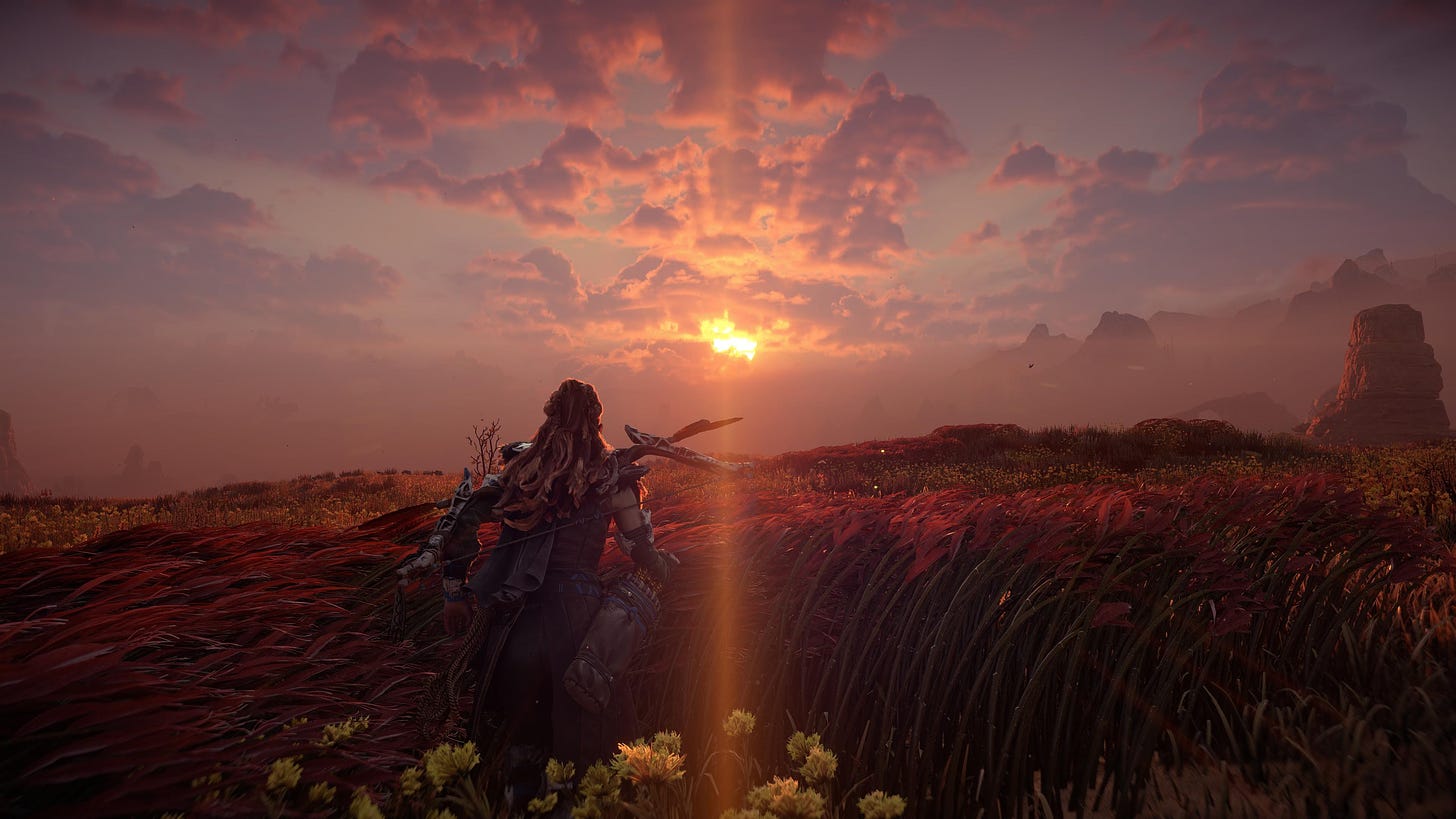'A Real Pain' Asks How Much We're Allowed to Feel
Jesse Eisenberg's new feature artfully examines the role emotional and generational pain plays in our lives.
On the surface of A Real Pain, the story seems fairly one-dimensional. You latch onto Kieran Culkin’s live-wire performance as a difficult travel companion and ride his emotional wavelength through the road trip. However, writer, director, and co-star Jesse Eisenberg skillfully dives deeper into a story about guilt and the limits of how much we should give into our emotions if we’re to function in daily life. Beneath the surface of a darkly comic travelogue through Poland, A Real Pain is a sharp look at modern life through the lens of what we owe to each other and the fraught balance between acknowledging our pain and letting it consume us.
David (Eisenberg) and Benji (Culkin) are cousins who used to be close but grew apart as Benji’s life stagnated and David settled comfortably into a life of dull domesticity. They’re traveling to Poland as a way to honor the wishes of their recently departed grandmother, who wanted them to see where she lived before she was sent to a concentration camp. Although they’ve booked a tour with a small group, Benji’s outsized personality both intimidates and impresses David, who isn’t sure how to reign in his cousin’s behavior or if he even wants to.
The big question hovering over A Real Pain is, “How much are we allowed to feel?” The pain of the Holocaust looms over the whole film, and if pain is a constant throughout history and in everyone’s life, then why is it special? Why should it be acknowledged? How could anyone have the right to complain about anything if their ancestors suffered so much?1 But pain is a part of life, and we feel it for a reason.
Benji represents how much of a role pain gets. Culkin is, unsurprisingly, brilliant, but the purpose of his character is to show a person wholly driven by impulse and emotions. There’s no filter on Benji, and that makes him vibrantly alive and deeply self-centered. We know we can’t live like Benji, but Culkin’s charisma helps sell the allure. What if, instead of ignoring our pain, we gave it a voice and acknowledged our emotional turmoil? What’s the worst that could happen?
The comedy comes from the awkwardness and hurt feelings Benji creates, but that’s not the worst outcome of his behavior. What we see from Benji is how his pain drives his every action. It can’t be used as a force for change. There’s a great scene where Benji confronts his tour guide and criticizes him, focusing on the facts of the Holocaust to the point of obscuring the emotional weight. And while this criticism is hurtful in the moment, the guide later thanks Benji for giving him a way to be a better tour guide. The pain serves a purpose, even if it’s unpleasant in the moment.
And this ends up making A Real Pain, as funny as it can be, also a bit of a tragedy. Benji can transform everyone but himself. He can instantly connect with others, he’s fearless, vivacious, and doesn’t hide from his emotions. But he also can’t grow or change. The only thing more terrifying than pain is pain without end or purpose.
A Real Pain is now playing in theaters.
Recommendations
The holidays are almost upon us, and that means Barnes & Noble is having its 50% off Criterion Collection sale. Amazon does price matching on most of these, so here are some titles I’ve picked up recently that are worth adding to your library:
Note: I make a small percentage of sales of purchases made through my Amazon Associates links.
What I’m Watching
Voting for various critics groups will be here before I know it, so I’m playing a bit of catch-up on 2024 movies that could be worthy of some accolades. While I’m not sure how much critics groups drive industry bodies (critics tend to see more movies than the typical guild or Academy voter), it’s still worth shining a light on movies that may not receive the attention they deserve.
I’m also trying to make my way through Alfred Hitchcock’s major movies by the end of the year. There are a few I’ve skipped over (Under Capricorn and I, Confess spring to mind), but others I’m revisiting for the first time in decades or, particularly in the case of Hitchcock’s final five movies, my first viewing ever.
What I’m Reading
Going to plug my work this week!
For Letterboxd, I wrote about National Treasure for the film’s 20th anniversary and how it represented the end of high-concept blockbusters as well as a phase in Nicolas Cage’s long and varied career.
Over on Decoding Everything, I reviewed Wicked, which I enjoyed far more than I expected. Director Jon M. Chu knows how to make big-screen musicals work, and after such crummy adaptations of Broadway giants like Les Miserables and The Phantom of the Opera, we should appreciate that.
What I’m Playing
Horizon: Zero Dawn has taken over my life. However, as much as I’m enjoying it, I’ll probably take a breather afterward before launching into the sequel, Horizon: Forbidden West.
Watching this film reminded me a bit of the 2020 Seth Rogen movie An American Pickle. Both movies feature successful Jewish actors and the fear that their Eastern European ancestors would likely think their descendants weak. For a people that survived a genocide, there’s a lingering guilt of, “And this is what you’ve done with your life?”






